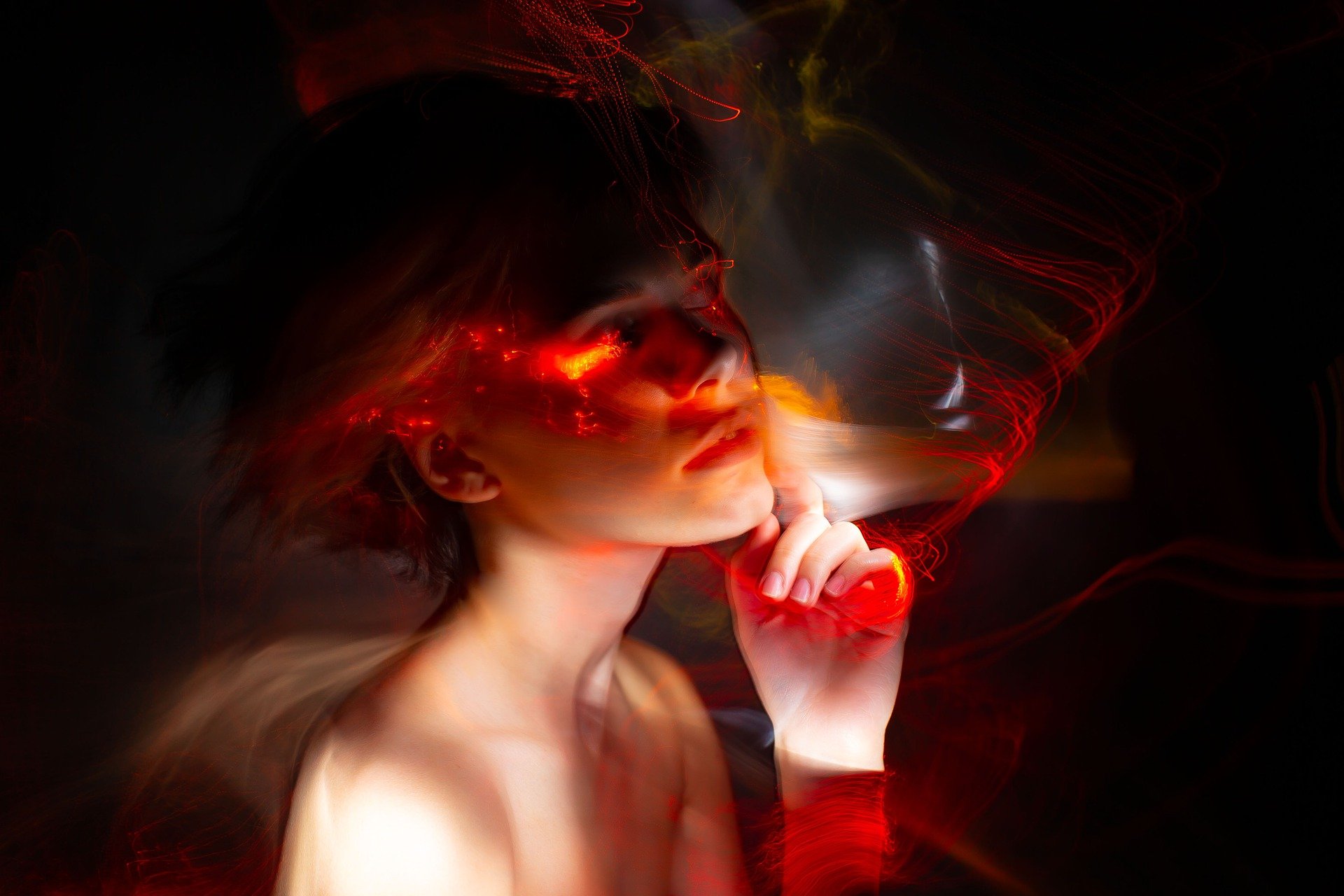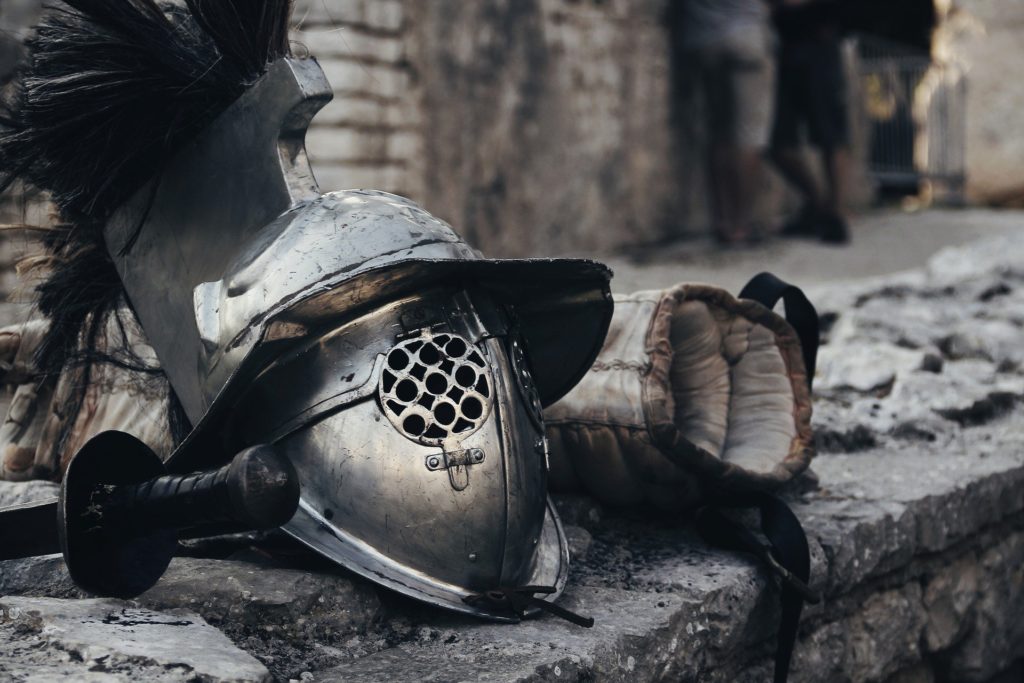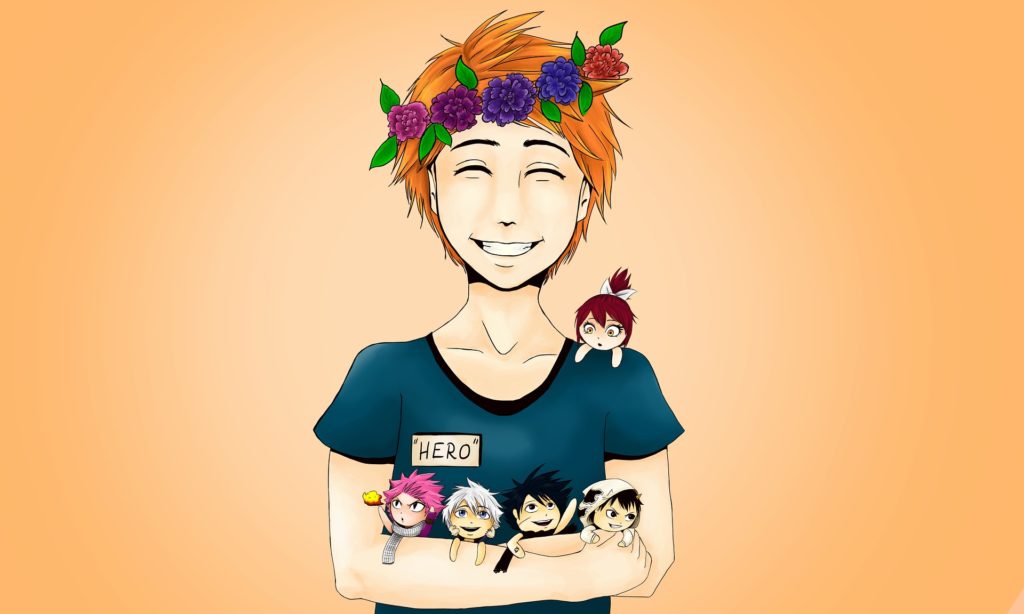Heroes and Villains

Image by Сергей Катышкин from Pixabay
Growing up, I had no heroes.
I’m not sure if this is a sign of anything in particular that might be wrong with me, but growing up, there was no one in any field — sports, literature, politics, or life — that I considered a hero of mine. There were certainly people whose skill and success I greatly admired. My favourite artists come out of the surrealist movement, and they are remarkable, both in how well the portray realism and how expertly they undermine it; twist it and make it strange. I have always loved Tolkien and regularly stand in awe of what he built. I feel the same way about Steven Erikson, a more contemporary writer. Martin Lass was my favourite violinist, and Tommy and Phil Emmanuel my favourite all-time guitarists. I was enamoured with the skill of tennis stars Pat Cash and Pat Rafter…
If you needed proof of my Australian-ness, I think that’s it right there…
Anyway, none of these people, however much I admired them and loved what they produced, ever reached hero status with me. Not even my parents, who are so often cited by children as being personal heroes. It’s not that I didn’t think they weren’t wonderful. It’s that I could not associate them with the word heroic. They were great representatives of their chosen field. But they weren’t heroes.
So what is it that makes a hero a hero to me? I’ve spent a long time thinking about this particular topic, and it’s surprisingly knotty. To me, I suppose, heroes are just people, sometimes ordinary, sometimes not, thrust into extraordinary circumstances, who gathered the courage to do something about it. They are heroes not because of some awesome power (though some may be in possession of it), but because they stood up and acted when others would not.
Image by ArtCoreStudios from Pixabay
It hasn’t been much of a problem in the more recent fiction I’ve read, but it certainly has been in the past, that heroes of a story are fearfully dull. Not because the things they do aren’t epic. Goodness they are. It’s not that the stories themselves were uninteresting, or unbelievable.
It’s simply that the hero was flat. Their defining characteristic was their epic-ness – and everyone in the world responded to that one thing. Women fawned over them. Young men wanted to be them. They were given the keys to the kingdom. Pomp and ceremony and celebration followed them. ’Hero’ blazed from them and everyone knew it.
To their credit, some writers tried to break out of this idea by creating ‘heroes’ that were ornery, or even downright villainous. Sometimes, it was a valiant attempt that made the heroes at least a little more interesting. Sometimes, however, the effort made me hate the ‘hero’ so much I was actively rooting for their slow and painful demise. I will never, ever be made to sympathize with a rapist. Don’t even try and convince me that character has any redeeming qualities.
I digress…
All these efforts, however, didn’t really do much but put a plaster over a gaping wound. It tried, but failed to fix the problem of the hero.
Modern writers more frequently get it right… or more right, at least. Heroes, even the extraordinary ones, are just people. But they’re people who acted when no one else would.
To me, a hero is only a hero if they are doing something profoundly difficult, something that another person would (not could, but would) not do, and they are only a hero if doing the thing costs them a great deal. If it’s a breeze, is it really heroic? They are heroes not because the world accepts and praises them, but because they do what they must — what is right and good — despite the world.
That is why the X-Men are heroes to me. It’s not because they’re extraordinary, powerful meta-humans. It’s because they do what is right even though the world will still hate them. Perhaps not so surprisingly, that is why Poison Ivy is also a hero in my mind — she battles corporations to try and save the environment. Does that earn her any thanks? No. But the world is choking to death, and she can set it right. In fact, she seems to be the only one willing to (a whole blog post could be devoted to how Batman is a symbol for maintaining a toxic status quo, but I just don’t have the time or the energy to tackle nearly everyone’s favourite).
This doesn’t, incidentally, necessitate a grim-dark personality in order to be heroic. This is another trap many creators fall into when trying to make their hero appear more interesting and multi-dimensional. It is utterly possibly for a hero to be hilarious, cheerful and bright. I say this, but all of mine in my own writing are downright miserable…
Anyway, that’s why Samwise Gamgee is the hero of The Lord of the Rings. It’s not because he did something others could not. It’s because he did something others would not. He stayed by Frodo’s side. He walked with him into the very heart of Mordor. He loved his friend wholly the whole way, and acted from that love; no guile, no self-interest, no desire for power for any reason (even a very good one).
And here lies a major problem with the hero’s foil — the villain (not so much with Sauron. I mean, his motives were entirely selfish and appropriately villainous. Modern villains, though…). It has been a topic of much discussion online of late that villains in modern writing would, if someone less sympathetic to the status quo was telling the narrative, actually be the hero. They are almost always fighting for a higher ideal – a just world, saving the planet from ecological disaster, tearing down billionaires and their corporations and redistributing their wealth, undoing the evils of colonialism. These are all things that would, actually, benefit the world. And so in order to make their heroes the hero, creators are making their viallins-with-very-good-points-actually do something profoundly anti-heroic and a little incongruent (if the viewer is thinking) just to make sure the audience stays with the ‘heroes.’ Trying to save the world, are they? Have them blow up an orphanage so we know which side is actually the ‘good’ side. But the heroes are only there to counter the villains, not to solve the problem that created those villains.
And if they don’t actually put anything right, are they heroes? Is it heroic to maintain unjust systems, earning praise from most corners? Or is it heroic to try and tear them down, even if you’re shunned for the effort?
It’s not an easy thing to unbind from all the historical and philosophical baggage, this hero business. I’m sure I get it wrong in my own books. But it cannot hurt to deconstruct years of reading and watching heroes vs villains to figure it out for ourselves. If we can decide what heroism actually is, then I feel we could all be writing more interesting, convincing heroes than we’ve seen in the past.
When S.M. Carrière isn’t brutally killing your favorite characters, she spends her time teaching martial arts, live streaming video games, and cuddling her cat. In other words, she spends her time teaching others to kill, streaming her digital kills, and cuddling a furry murderer. Her most recent titles include ‘Daughters of Britain’ and ‘Skylark.’
https://www.smcarriere.com/

